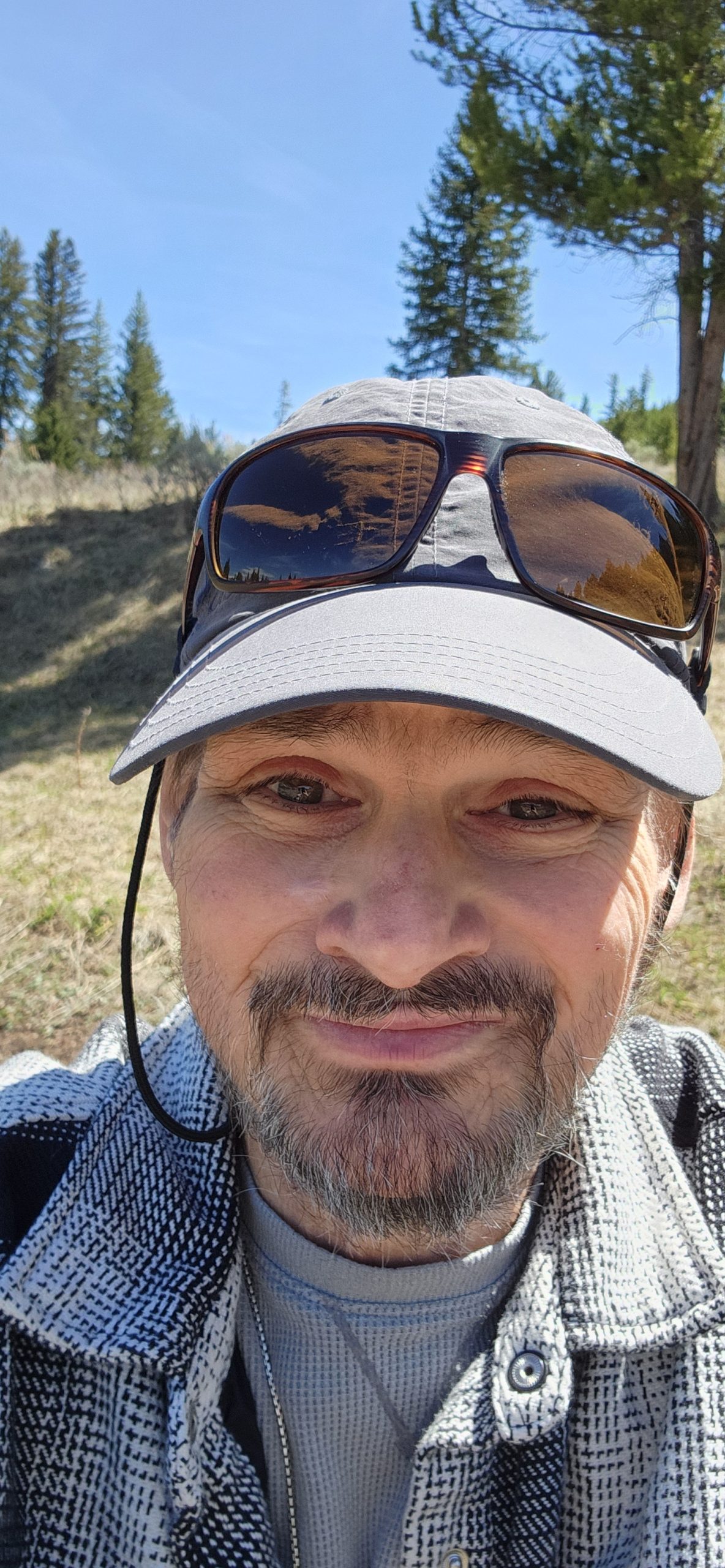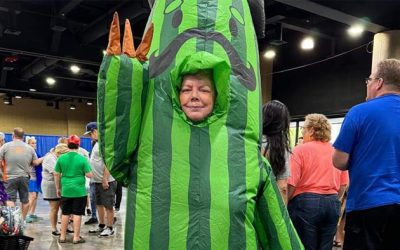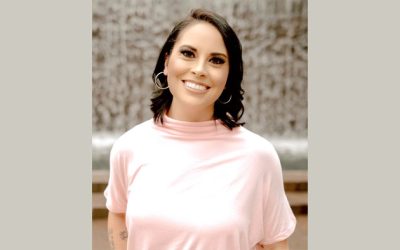“Second chances.” What do these two words mean to you?
Philosophically, the concept of “second chances” can be understood as the belief that individuals should be given the opportunity to rectify their mistakes or past failures. It is rooted in the idea that human nature is complex and that people can learn, grow, and improve over time. Second chances can be seen as a manifestation of empathy, compassion, and the belief in redemption. This concept acknowledges that life is a continuous process of learning and that everyone deserves the chance to make amends and demonstrate their potential for change and growth.
However, it is essential to recognize that not everyone may see second chances in the same light, as some may argue that certain actions or behaviors may not warrant forgiveness or additional opportunities.
However, for me, some of that said above is certainly true, but I’m not talking about that. I am referring to this:
“Second chances” can represent the possibility of a renewed life through organ transplantation. Organ transplant signifies hope, resilience, and the potential for overcoming adversity. For me, it has been a deeply personal and life-altering experience that embodies the belief in the power of God, human generosity (my donor), and medical advancements. The concept of second chances, in this case, is intrinsically tied to the gift of life and the opportunity to continue living and thriving despite the challenges you face. As you navigate this difficult journey, it is essential to acknowledge the emotional, physical, and mental complexities that come with such a profound experience, while also recognizing the strength and determination that underpin your quest for a second chance at life.
Like many, my story is deep and full of pain that can be physical, mental, and spiritual. Laozi, an ancient Chinese philosopher, once said “A journey of a thousand miles begins with a single step” and my personal journey started in October of 2000.
I was out in the desert with my father for a few days, and not long after that when I got back home, I developed a cough. After a couple weeks of this coughing, I went to my primary who had been my doctor since I was born. We had a long history together dealing with my illnesses and being creative in finding a cure. However, after taking all of the known antibiotics with no success, this cough turned into pneumonia. It was now February 2001, and he said, “you need to go to the ER, this has gone beyond my knowledge.”
So I did.
At that time, I was 35 years old, self-employed, and two years into my first marriage with a child on the way.
After being in the hospital for my pneumonia, and they were not able to cure it, they released me with oral steroids and said, “If it gets worse, we would like to do a lung biopsy on you”.
I did get worse, and around April, I had a biopsy done on my right lung. They removed about 2% of my lung tissue and sent it out to have it tested at the CDC and other facilities and it all came back negative on any known diseases or bacteria. It was a mystery and still is. The doctor kept me on steroids, but things kept getting worse. I kept going in and out of the hospital, and then around July 1st I was in the ER again and the ER Doctor who was in charge decided to run an EKG on me. The results showed my heart was not beating correctly, so they kept me there overnight and had me see the leading cardiologist at the hospital.
After a series of tests, my injection fraction at the time was 17%, but the doctor felt that with some medications and with cardio rehabilitation I could improve my chances of living. My heart problems were classified as viral cardiomyopathy and my lung problem was classified as interstitial lung disease. I was released on the very day my daughter was born in July, and I got to be there to see her being born. Truly a blessing.
Around 2009, I reached an injection fraction of 40% after my first pacemaker. This is about the highest I was able to achieve with medications and physical therapy. My decline started around 2015, and by the end of 2020, I had gotten to a point where I needed a heart and a kidney transplant. Before that could happen, I needed to take care of some medical issues that I had. It took me roughly a year, and then in February of 2022 I came down with Covid-19, and in March I had my reevaluation appointment coming up. While I was being reevaluated, they noticed I had a liver problem, and because of this, the transplant hospital turned me down, because they had never done a triple organ transplant, and in my case that would have been a heart, liver, and kidney.
They said, “Sorry we can’t do anything for you and you should check into hospice”. While living at the local hospital, however, I was referred to an end-stage cardiologist and he referred me to another hospital that had some success with triple organ transplantation. The doctors were interested and asked if I would come down for an evaluation, and I said yes.
While I was there for my evaluation, they told me that they did not want me to leave, and that they might be able to perform a triple organ transplant on me. It was August 2022, and by September 2022, I received my organs, which was another blessing.
Organ donors are special because they selflessly give the gift of life, offering hope and a second chance to those facing a dire prognosis. I am truly blessed and I’m forever in debt to my wife, daughter, and my family. I have been humbled by this experience. Amen!



